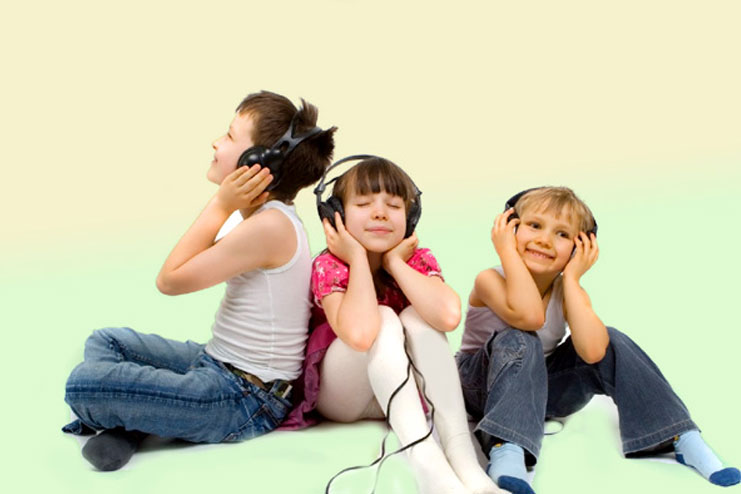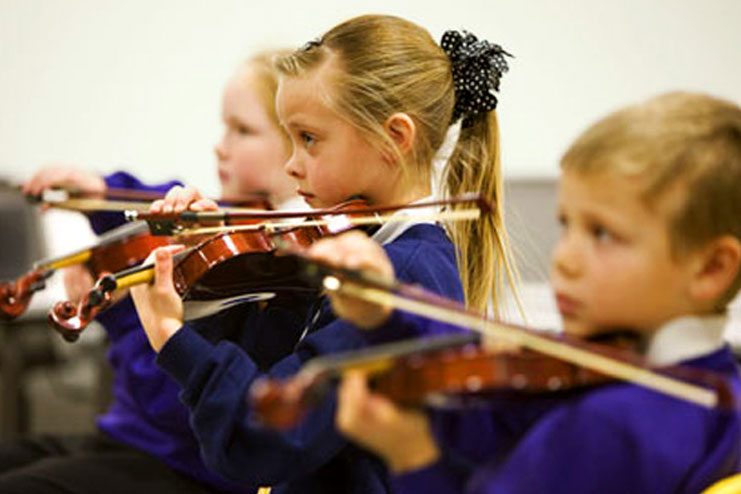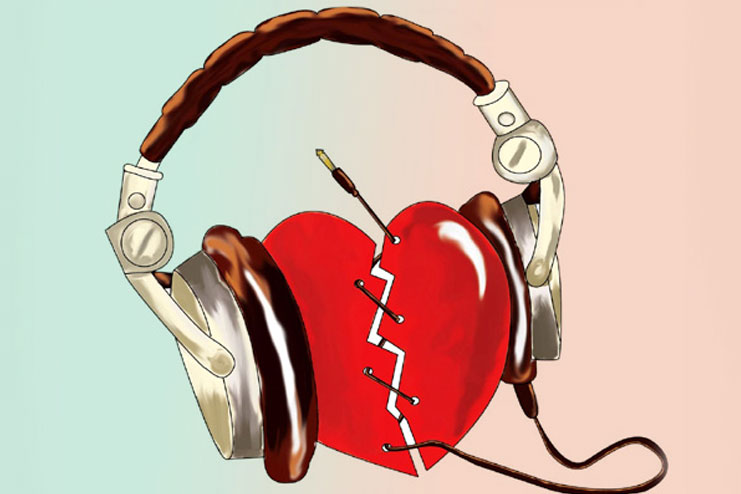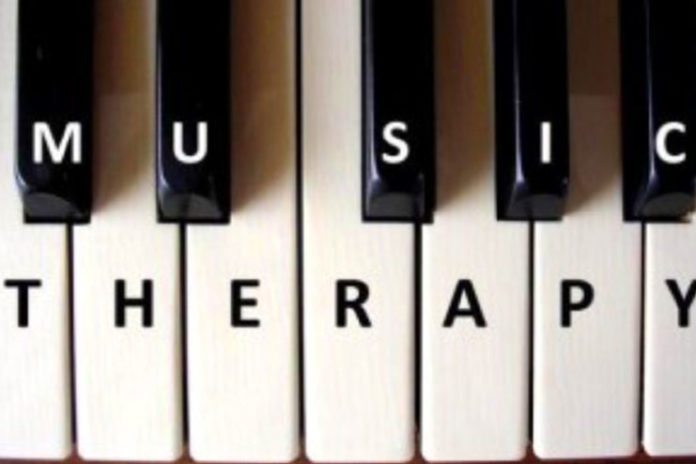Among the wide variety of Summer Camps available for your child are the music-related camps. And under the vast umbrella of Music Camps, you can also find a camp that is fitting to your child’s specific musical interests, be it vocals, band, orchestra, etc. Now, you may be wondering why so many people, kids included, cherish music so much. Not only is it a worthwhile pastime and a valuable talent, but music is also proven to benefit a person’s mental, physical, and emotional health. Here are 13 ways that music is beneficial to a person’s health.
1. Enhances higher brain functions.
 Music boosts concentration and memory, and it also helps from an early age in developing literacy skills, communication skills, reasoning, and emotional intelligence. Children who are musically trained and play musical instruments are also known to have higher IQs.
Music boosts concentration and memory, and it also helps from an early age in developing literacy skills, communication skills, reasoning, and emotional intelligence. Children who are musically trained and play musical instruments are also known to have higher IQs.
2. Lessens Pain.
 While music cannot actually alleviate pain, it does serve to make pain more tolerable by releasing endorphins, which serve to distract from the pain and reduce stress.
While music cannot actually alleviate pain, it does serve to make pain more tolerable by releasing endorphins, which serve to distract from the pain and reduce stress.
3. Gives athletic motivation.
 Music isn’t only for musicians. Athletes who listen to music while training can see a spike in endurance and performance as music releases endorphins that can motivate athletes to go the extra mile.
Music isn’t only for musicians. Athletes who listen to music while training can see a spike in endurance and performance as music releases endorphins that can motivate athletes to go the extra mile.
4. Eases stress.
 By reducing blood pressure and slowing a person’s heart rate, music can relieve a person’s stress and help them relax when in stressful situations.
By reducing blood pressure and slowing a person’s heart rate, music can relieve a person’s stress and help them relax when in stressful situations.
5. Boosts immune system.
 While music reduces stress levels, it simultaneously is able to aid in strengthening the immune system and produces higher levels of antibodies in the body.
While music reduces stress levels, it simultaneously is able to aid in strengthening the immune system and produces higher levels of antibodies in the body.
6. Reduces depression.
 Those who regularly listen to or play music may also find reduced symptoms of depression and an improved mood overall as music is said to trigger the pleasure centers in the brain.
Those who regularly listen to or play music may also find reduced symptoms of depression and an improved mood overall as music is said to trigger the pleasure centers in the brain.
7. Improves sleep habits.
 Both stress and depression can negatively alter a person’s sleep habits, and as music works to counteract both, it helps stabilize sleep patterns and even produce a more restful sleep.
Both stress and depression can negatively alter a person’s sleep habits, and as music works to counteract both, it helps stabilize sleep patterns and even produce a more restful sleep.
8. Helps the aging brain.
 Not only does music help young children in developing cognitive skills, it also helps your brain as you grow older. Listening to music is a way of exercising your brain and thus keeping it healthy.
Not only does music help young children in developing cognitive skills, it also helps your brain as you grow older. Listening to music is a way of exercising your brain and thus keeping it healthy.
9. Improves mood.
 Playing or listening to music activates pleasure sensors in the brain that can improve a person’s overall mood and boost positivity throughout the day.
Playing or listening to music activates pleasure sensors in the brain that can improve a person’s overall mood and boost positivity throughout the day.
10. Improves vascular health.
 Research has shown that listening to music, regardless of genre, has a positive impact on a person’s vascular health, and it increases blood flow to blood vessels in the body. It also lowers blood pressure and is known to help cardiac patients feel less distress post-surgery.
Research has shown that listening to music, regardless of genre, has a positive impact on a person’s vascular health, and it increases blood flow to blood vessels in the body. It also lowers blood pressure and is known to help cardiac patients feel less distress post-surgery.
11. Aids in meditation.
 Listening to calming, slow music with low BPM (beats per minutes) can induce a meditative state in the brain, as it mimics brainwaves similar to those that occur when a person meditates. This has a calming effect on the mind.
Listening to calming, slow music with low BPM (beats per minutes) can induce a meditative state in the brain, as it mimics brainwaves similar to those that occur when a person meditates. This has a calming effect on the mind.
12. Improves memory and cognitive performance.
 Music is shown to improve memory and thus improve performance in any sort of cognitive task, such as studying and test taking.
Music is shown to improve memory and thus improve performance in any sort of cognitive task, such as studying and test taking.
13. Helps patients before and after surgery.
 Studies have shown that patients who listen to music before surgery are more relaxed for before procedures. Likewise, music can ease stress and perceived pain after surgery as well.
Studies have shown that patients who listen to music before surgery are more relaxed for before procedures. Likewise, music can ease stress and perceived pain after surgery as well.
While most of us don’t need an excuse to listen to music, it’s remarkable to see just how much it can benefit your health in all aspects.
-Shreya Wadkar









